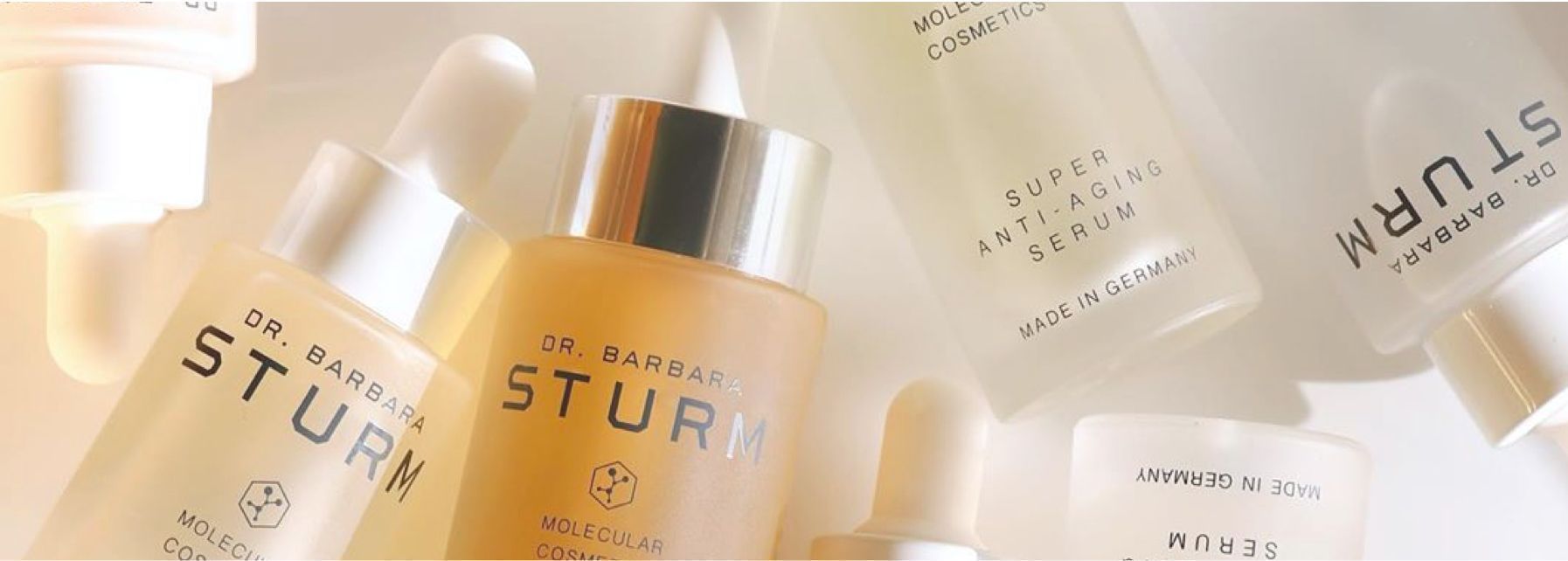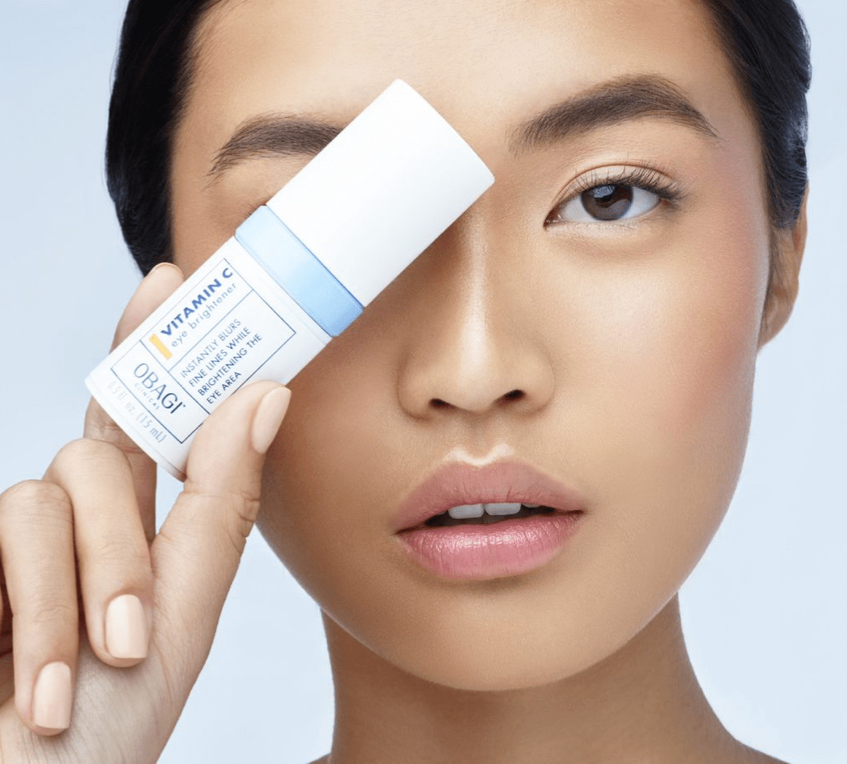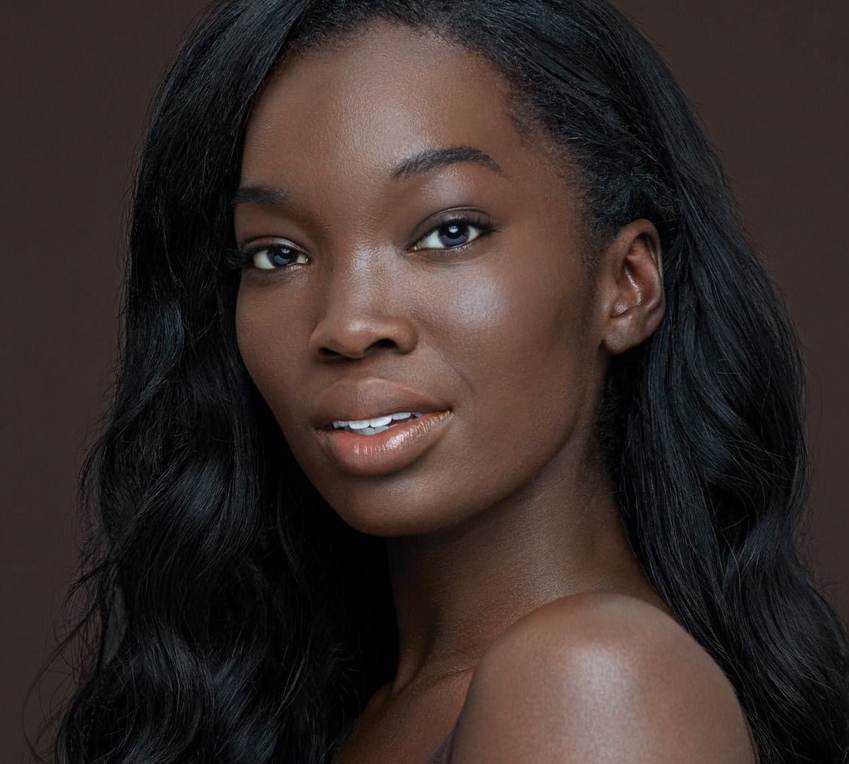5 Ways To Brighten The Skin When Recovering From Acne Scars
As if acne wasn’t enough of a headache! But after dealing with a breakout, we’re also usually left with nasty acne scars which can be very difficult to lighten and fully remove. It can be pretty inconvenient to keep trying to cover up these scars too, only to end up with cakey looking makeup and your scars looking even more visible than ever. Getting rid of acne scars is one of the most common topics we get asked about when it comes to skin concerns, but it’s also one of the more complex problems to solve due to the different types of acne that cause scarring and the way in which acne scars affect different skin types.

What Are Acne Scars?
Due to inflammation or acne, your pores become enlarged because of excess oil, dead skin cells, and bacteria. As the pore swells up, it causes breakage within the follicle wall. While shallow lesions usually heal fast and don’t cause scarring, the deeper ones do. While your skin attempts to repair these scars through the formation of collagen fibres, the repairs don’t always look as smooth as the original skin. Thus, acne scars are formed in either the form of small craters on the skin, raised tissue or dark spots.
While acne scars aren’t anything to be concerned about from a health perspective, we’re well aware of the damaging effects it can have on someone emotionally, and from a social stand point. While it’s always important to love the skin we’re in (both figuratively and literally!) one might want to improve their skin’s appearance in order to enhance self-esteem and to promote better skin health.
What Are The Different Types Of Acne Scars?
There are two main types of acne scars, namely:
1. Hypertrophic or keloid scarring: when the body produces too much collagen as the acne wounds heal, it results in a mass of prominently raised tissue on the skin’s surface
2. Atrophic or depressed scarring: when there’s a loss of tissue because of active acne that has puss, it results to small yet obvious holes in the skin which have a similar appearance to chicken pox scars.
How To Get Rid Of Acne Scars?
Getting rid of your acne scars can be a tough if you don’t know where to start or if you feel like you’ve tried everything. Depending on the type of acne you have and the sensitivity of your skin, some acne products may actually cause more acne whilst other products might do nothing at all. To discern the right products for you, it’s best to have a thorough understanding of the unique ingredients needed to treat different acne concerns, and then design a skincare routine with the products that contain these ingredients.
What Are The Common Ingredients That You Should Look For?
Certain actives and ingredients in skincare can help lighten your acne scars with regular use. Here are some of the basics that can work a treat with consistency and finding the right concentrates:
1. Salicylic Acid: this ingredient is very common in acne products. It is a compound that greatly helps in clearing dirt and skin cells in your pores that may lead to the formation of acne. It also helps in reducing the swelling and redness in the area which can also aid in minimising the appearance of the visible scars. This ingredient works well for different types of scars and is a great addition to your daily skincare routine, especially to those who are struggling with active breakouts. Don’t forget to undertake a patch test however if you have dry skin because it may further aggravate dryness and irritation.
2. Retinoids: Alpha Hydroxy Acids or (AHA) work like magic when it comes to getting rid of dead skin cells and preventing clogged pores. Professionals usually recommend retinoids for treating acne and helping reduce the appearance of scars. AHAs are mild forms of acid that help in exfoliating the outer layer of the skin to reveal fresh and healthier skin underneath. For scars that are discoloured, retinoid products can be very helpful.
3. Lactic Acid: this is another gentle exfoliator that pulls away dead skin cells. It can help in lightening dark scars and help to reduce the appearance of acne scarring as well.
4. Vitamin C: this helps in increasing collagen production to help generate new and healthy skin. It’s a very potent antioxidant that can help reveal glowing skin with regular use- but we probably all know that already given how much we regularly sing the praises of Vitamin C!
5. Glycolic Acid: skincare products that incorporate glycolic acid are great for removing the topmost layer of the skin to promote new skin turnover.
While some will continue to work with specific skincare products that can help revive their skin, others may opt for natural remedies to support the healing process. Aloe vera and rose-hip oil are just some of the alternatives widely used by many acne sufferers.
The Obagi Clear FX
Unlike other Obagi products, this particular product is ingeniously formulated to help correct hyperpigmentation and acne scarring. Despite its effectiveness, it is very gentle and and contains Arbutin which helps promote a natural and more even skin tone by helping lighten dark spots and scars.
It helps lighten, but it is not a form of skin bleach which has harsh chemicals that can irritate the skin. It can help correct:
• Dark Spots
• Melasma
• Sun Damage
• Breakouts
• Acne
The Key Ingredients Of The Obagi Clear FX Cream
This milder version of the Obagi Nu Derm Clear Rx (Prescription only) facial cream is clinically designed to be gentle yet effective in lightening and reducing hyperpigmentation and acne scarring. It is a cleverly formulated combination of natural compounds and ingredients that work together in helping your skin look healthier and brighter.
Here are the key ingredients of the Obagi Clear FX:
• Arbutin: this product contains 7% arbutin which inhibits the action of the enzyme called tyrosinase that is involved in the creation of melanin. This helps in reducing the production of melanin on the skin, which results to keeping the skin looking brighter and fresher.
• Vitamin C: this very potent antioxidant has properties that help combat the visible signs of skin damage. It also helps in the production of collagen, which helps in keeping the skin firm and elastic. Not only that, but this helps in lightening and brightening the skin to reduce acne scars.
• Vitamin E: this works just like vitamin C. It is also an extremely powerful antioxidant that helps in keeping the skin looking young, healthy and vibrant. In addition to that, it also helps keep wrinkles and fine lines less visible.
What Regular Users Love About The Obagi Clear FX
The product should be applied twice a day, unless advised by a skincare expert. A little goes a long way with this product, yet it packs a really great punch of effectivity. Users of this product find that not only does it help to reduce their acne scars, but also helped heal active breakouts.
To those who have mature skin, regular users claim that it has also aiding in smoothing fine lines and wrinkles. Therefore, many very well find that it has become a life changing product that fights an array of skin issues, ageing and acne included.
Getting rid of acne scars shouldn’t be the headache that it used to be- as long as you experiment with products that provide the right ingredients for your skin. When it comes to the best solution for you, it is best to always consult a dermatologist for an accurate and thorough analysis of what could help your skin look and feel its best. Like we mentioned, acne and its resulting scarring comes in a multitude of forms and should be treated according to your skin type and acne history. Talking to a professional can help point you in the right direction when it comes to the treatments and skincare products that are actually proven to be effective to avoid aggravating your skin even further and worsening the appearance of your acne scarring.
The latest from skincare
Skincare from the inside out. Tap into our world of award-winning skincare, 'the best of', new products and more.
Every year, the beauty industry ushers in a whole new wave of skincare trends for us to (inevitably) obsess over, and 2023 will be no different. The top of the list to watch this year is (drumroll please)… Anti-inflammation.
If you’ve landed on this page, this will likely mean you’re struggling with Rosacea..
Rosacea Awareness Month is here and we wanted to take the opportunity to shine a light on this chronic skin condition that affects millions of people worldwide.
Your skin has to battle external aggressors every day from the weather and pollutants, and this can cause skin issues. It can lead to dry and ageing skin but there are ways to combat the effects of this with the products you use in your skincare routine.









